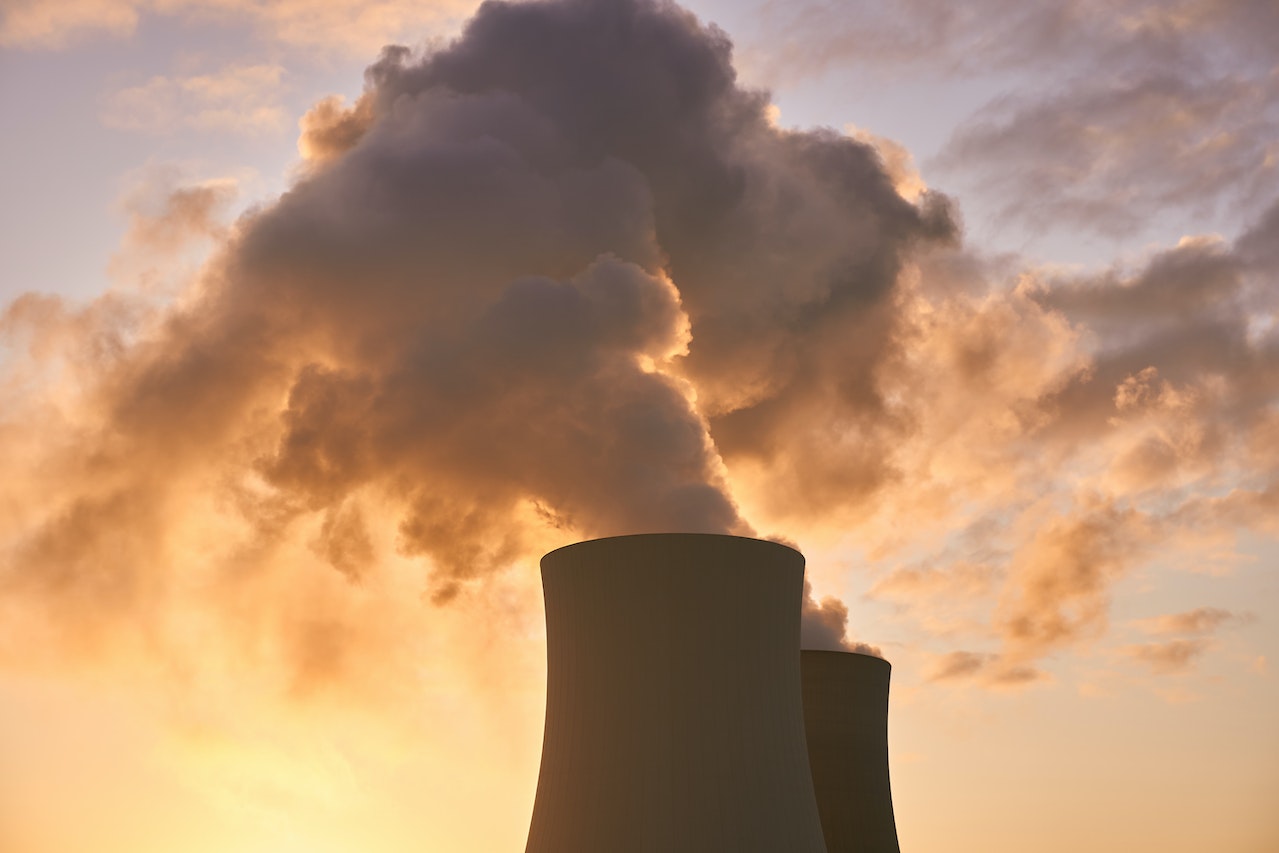The environmental situation in the Czech Republic remains among the most challenging in the European Union. According to this year’s Prosperity and Financial Health Index, the Czech Republic holds the 22nd position out of 27 EU Member States in terms of environmental performance. While it has managed to make a modest improvement by moving up one spot compared to last year, the country still faces pressing issues. Although there has been a slight increase in the recycling of waste, the Czech Republic continues to struggle with escalating emissions. For the second year in a row, it ranks the lowest among EU nations in terms of the extent of land affected by drought.
This index, a collaborative effort between the Europe in Data Initiative and Česká spořitelna, evaluated the environmental state using 14 distinct indicators. The Czech Republic finds itself sixth from the bottom in the overall ranking, surpassing only the Netherlands, Ireland, Greece, Luxembourg, and Cyprus. Meanwhile, Sweden maintains its lead in the rankings, followed by Portugal and France.
The data from the index highlights that the Czech Republic still lags behind in its efforts to reduce greenhouse gas emissions, falling below the EU average. The domestic industry alone emits 1,932 kilograms per capita annually, marking an 11 percent increase compared to the previous year. This places the Czech Republic at the 19th spot this year, down from 17th last year. The analysis suggests that one contributing factor to these higher emissions is the energy-intensive nature of the Czech economy.
Lucie Ješátková, spokesperson for the Ministry of the Environment, attributed the increase in industrial emissions to a return to pre-pandemic industrial production levels. Notably, the chemical and metal processing sectors experienced the most significant year-on-year increases. Coal combustion remains a major contributor to the country’s greenhouse gas emissions, responsible for approximately 40 percent.
To address this issue, Ješátková emphasized the importance of rapidly decarbonizing the energy sector in line with the goal of phasing out coal by 2033 as the most significant opportunity to reduce emissions.
International studies reveal that approximately 3,200 people in the Czech Republic die each year due to elevated emissions. On a per capita basis, this places the country 21st among EU-27 nations.
While the Czech Republic has made progress in waste recycling, with the share of reusable waste rising by three percentage points to reach 43%, experts stress that recycling alone is insufficient. It is more effective to reduce overall waste production, an area where the country is falling behind. The per capita waste generation now stands at 570 kilograms annually, marking a 12 percent increase. Nevertheless, in the realm of e-waste production, the Czech Republic fares better than many European counterparts that rank higher in overall environmental performance.
Regarding drought, the index reveals that the Czech Republic has the highest proportion of land affected by drought within the EU-27, standing at 16 percent. This prolonged aridity, coupled with extreme heatwaves, has taken its toll on the state of forests, diminishing their capacity to sequester carbon dioxide from the atmosphere, as noted by the analysis’s authors.
Source: ceskenoviny.cz


















